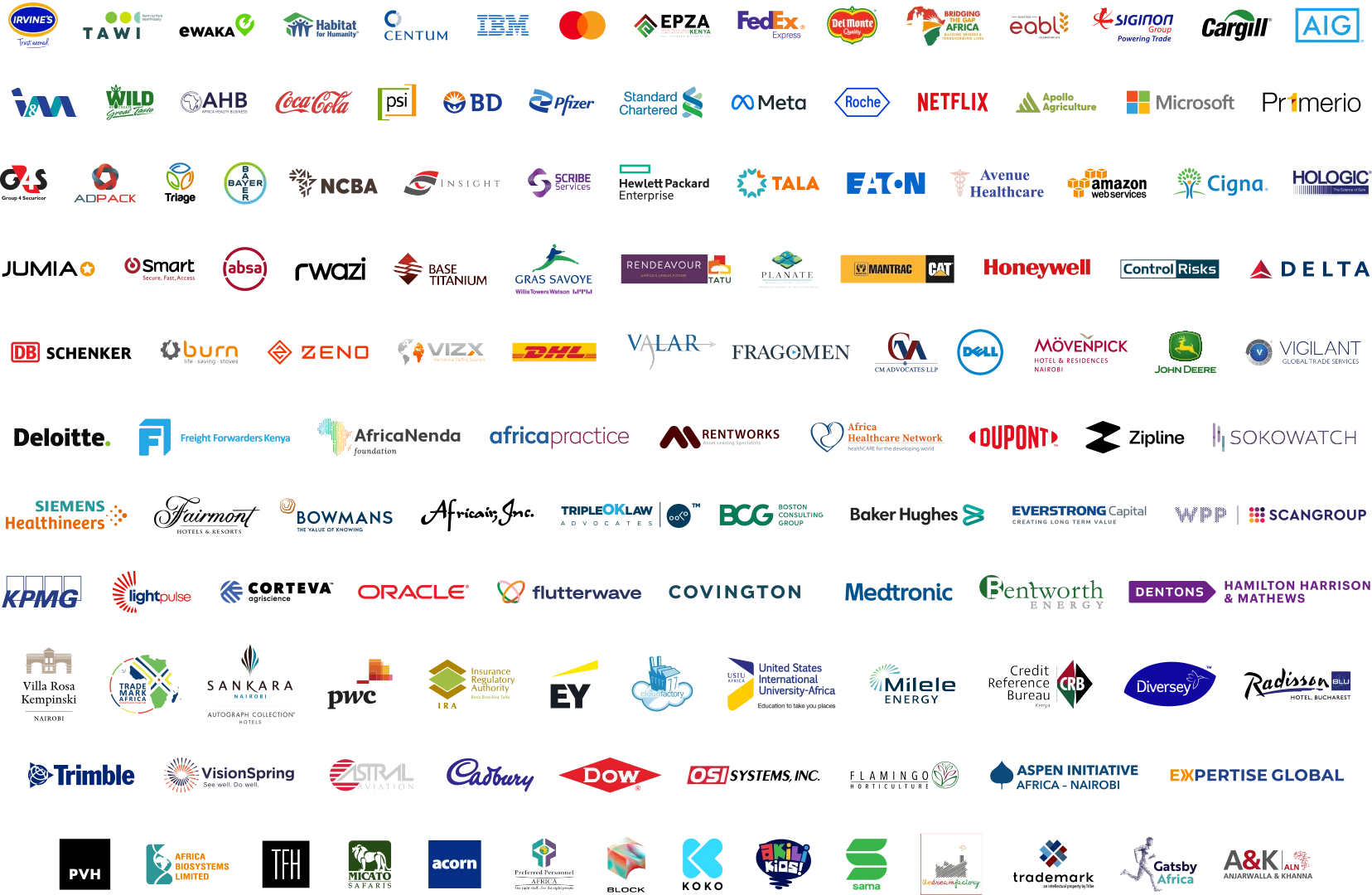This article is taken directly from the source cited
Published July 16, 2020
By Kariuki Waihenya
Last week’s launch of negotiations for a landmark free trade agreement between Kenya and the United States could not have come at a more opportune time.
With the global economy heavily battered by the Covid-19 pandemic, which has so far claimed more than 550,000 lives and infected more than 12 million people, a new trade deal between any two countries seems improbable amid the universal pain, misery and death.
Most Kenyans might have, quite understandably, missed the launch last Tuesday, presided over by Betty Maina, Kenya’s Cabinet Secretary for Industrialisation, Trade and Enterprise Development and Robert Lighthizer, the US Trade representative.
Presumably, they were more worried about the coronavirus cases hitting an all-time high of more than 8,000 at the end of the week and the deaths rising beyond 170.
With hospitals across the country overwhelmed and the Health ministry predicting a surge in cases after President Uhuru Kenyatta last week eased travel restrictions imposed since early March, most Kenyans are more concerned with simple bread and butter issues, how to avoid the virus, help the infected pull through as well as mourn and bury their loved ones succumbing to the virus.
DESPITE THE GLOOM
Yet despite the gloom, fear and uncertainty engendered by the pandemic, the launch of the trade deal negotiations signal a future after the damage wrought by the novel virus.
Even as the world scrambles for a vaccine or a cure for the virus, it is prudent to safeguard economies, protect livelihoods and plan for a better tomorrow.
For Kenya, the proposed FTA will be the US’s first such partnership with a sub-Saharan African country and the second on the continent after the 2006 FTA with Morocco. Globally, the Kenya-US pact will be the 15th.
Apart from turbo-charging trade and investment between the two countries, the FTA heralds a future where Kenyan goods will enjoy almost unfettered access to the lucrative US market.
This is especially significant because the African Growth and Opportunity Act (AGOA), which has since enactment in 2000 made it possible for defined exports from selected sub-Saharan African countries to enjoy preferential trade with US, will lapse end of September 2025.
Under the deal, Kenya has immensely benefited from a duty- and quota-free access to the US market for its exports mainly in horticulture, apparels, and textiles. It is largely because of AGOA that the US is Kenya’s third most critical export destination and fifth largest trading partner.
The value of Kenya’s exports to the US currently stands at more than Sh50 billion from about only Sh17 billion in 2009. During the same period, the US government has injected more than Sh300 billion annually into the Kenyan economy through bilateral and multilateral assistance, remittances, trade, tourism and other areas, according to AidData, a US research lab.
According to the Central Bank of Kenya, Kenyans abroad last year sent home a total of Sh279.6 billion, with half of it coming from the estimated 100,000 Kenyans living in the US. Furthermore, thousands of Kenyans have studied in top US universities and contributed to transfer of advanced knowledge in science and technology back home.
President Donald Trump’s administration has indicated its reluctance to renewing AGOA, opting for reciprocal FTAs with strategic partners. Continue reading...
Source: Business Daily







